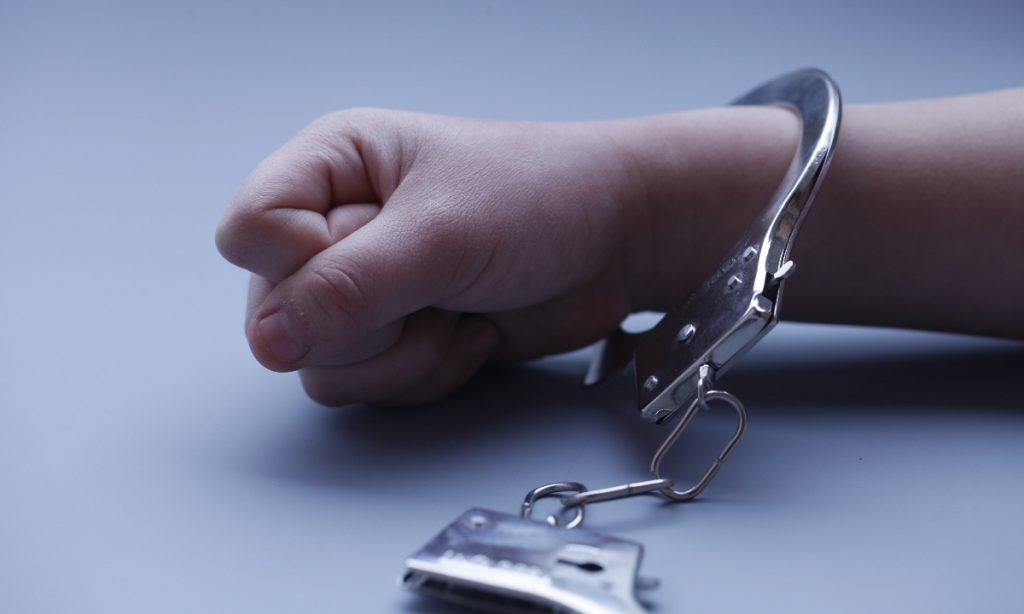Draft revision to Law on Penalties for Administration of Public Security to undergo third review with amendments related to minors

The draft revision to the Law on Penalties for Administration of Public Security is to undergo its third review by China’s top legislature with amendments targeting provisions related to minors, amid public outcry against cases in which some minors exploit their status as minors to repeatedly violate public security regulations as juvenile delinquency has surged in recent years.
The 14th National People’s Congress (NPC) Standing Committee will convene for its 16th session from June 24 to 27, during which the law will return for its third – and likely final – review, with targeted amendments concerning minors, Chinanews.com reported on Monday.
In recent years, juvenile delinquency has risen sharply, particularly involving serious violent crimes committed by younger minors, sparking public outrage. Many juvenile delinquencies begin with minor unlawful acts. If punishment and intervention are not carried out in a timely manner, the unlawful acts can easily progress toward serious criminal offenses.
It is neither appropriate to simply detain minors nor to release them without consequence when handling juvenile delinquency cases, Huang Haihua, a spokesperson for the Legislative Affairs Commission of the NPC Standing Committee, said at a press conference on Monday, noting that the amendments were made in response to cases where some minors deliberately exploit their status as minors to violate public security regulations and refuse to change their behaviors despite repeated warnings, or commit serious offenses.
Huang stated that the revision adjusts the provisions on non-enforcement of detention and intensifies penalties in a targeted manner.
The current Law on Penalties for Administration of Public Security stipulates that minors aged 14 to 16, as well as those aged 16 to 18 who violate public security regulations for the first time, are not subject to administrative detention.
However, the proposed revision provides that minors aged 14 to 16 and 16 to 18 who commit their first public security violation but with serious circumstances and a notably negative impact, or minors aged 14 to 16 who violate public security regulations more than twice within one year, may be detained in accordance with the law, Huang said.
In addition, the draft revision of law will ensure proper alignment with the Law on the Prevention of Juvenile Delinquency. Huang noted that the 2020 revision of that law introduced a range of corrective and educational measures for minors with seriously inappropriate behaviors, including reprimands, orders to undergo community correction, specialized education and targeted corrective measures education.
The revision stipulates that if minors are exempt from penalties or detention due to being underage, public security authorities shall adopt corresponding corrective and educational measures in accordance with the provisions of the law, Huang said.
Huang stated that the draft revision stipulates that in cases of student bullying involving physical assault, verbal abuse, or intimidation, public security authorities will be required to impose administrative sanctions in accordance with the law and adopt corresponding corrective and educational measures.
The revision also states that if a school fails to report or handle serious incidents of student bullying as required, it will be ordered to make corrections, and relevant departments will be advised to discipline responsible personnel according to the law. This ensures both public security authorities and schools to play their roles effectively in the coordinated management of student bullying, Huang said.
As for procedural improvements, Huang noted that the revision adds rules requiring that when questioning a minor who has violated public security regulations, if his legal guardian is unable to be present, other adults such as an adult relative or a representative from their school may be called to attend. Additionally, if a minor may be subject to detention, a hearing may be requested in order to better educate the offending minor and reinforce respect for the law.
In addition, to better protect minors and ensure a healthier environment for their development, the revision will also address the growing issue of minors engaged in paid companionship activities such as drinking or singing with customers in bars, karaoke venues and similar establishments – practices that harm their physical and mental wellbeing. The draft revision includes organizing or coercing minors into such activities in inappropriate venues under the scope of public security penalties, according to Chinanews.com.